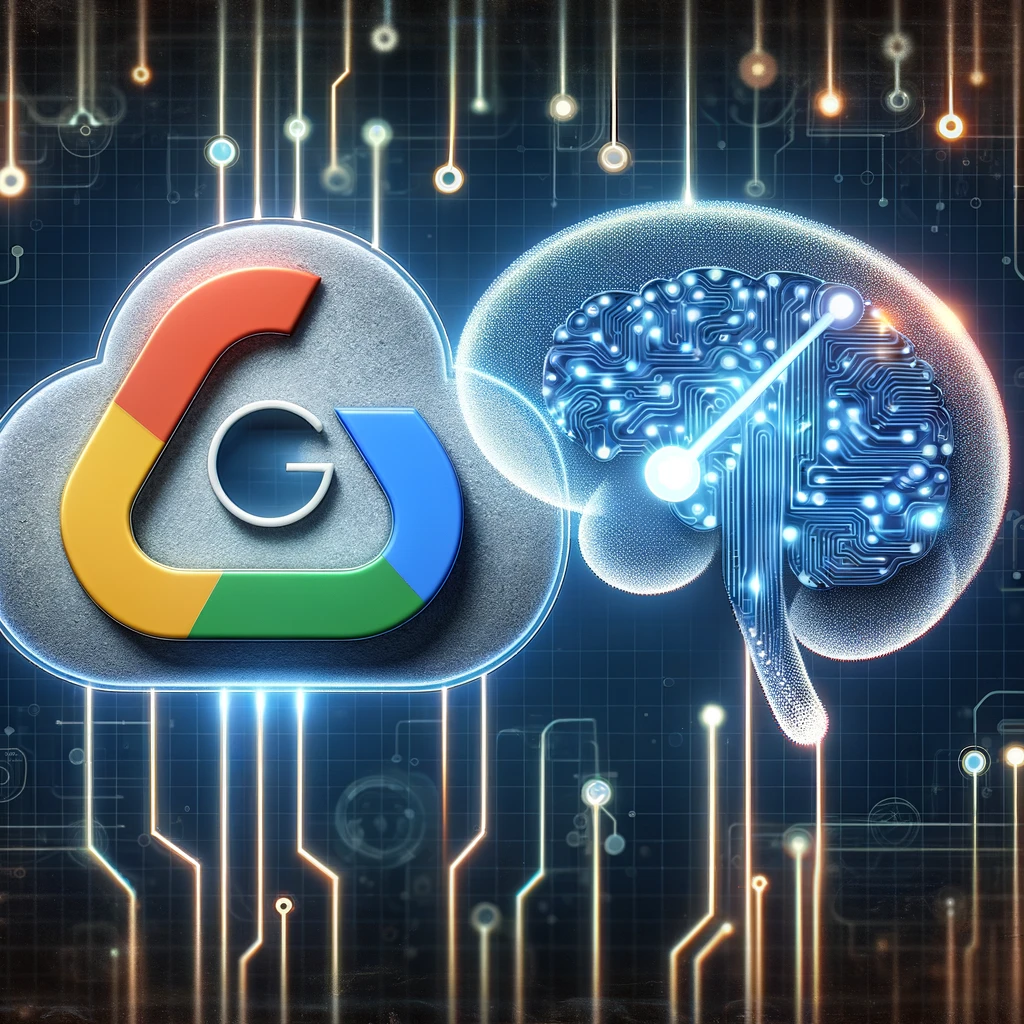The radiology sector is on the brink of a revolutionary transformation, thanks to a groundbreaking collaboration between Rad AI, a radiology-focused startup, and tech titan Google Cloud. This partnership, announced this week, leverages Google Cloud’s advanced AI capabilities to redefine radiology reporting, promising to alleviate the administrative workload that currently burdens radiologists.
Rad AI will integrate Google Cloud’s robust platform and its specialized healthcare AI tools, including MedLM and the promising Gemini-based models, into its operations. This strategic move marks Google Cloud as Rad AI’s preferred cloud provider, a decision that aims to bolster Rad AI’s existing platforms, Rad AI Omni Impressions and Rad AI Reporting. The integration of domain-aligned generative AI models is set to dramatically enhance these platforms.
A key innovation arising from this collaboration is the ability of Rad AI’s system to automatically generate significant portions of the radiology report. These reports will not only mirror each radiologist’s unique language preferences and style but also ensure a consistent quality and efficiency in reporting. This AI-driven approach is expected to save radiologists considerable time, thereby mitigating burnout and enhancing patient care quality.
Doktor Gurson, the cofounder and CEO of Rad AI, expressed his enthusiasm about this partnership: “This partnership represents an exciting leap forward in our commitment to transforming the radiology reporting landscape. Through this unique collaboration with Google, we can dramatically accelerate our mission of reducing radiologists’ burnout, streamlining workflow, and ultimately improving the quality of patient care.”
The significance of this partnership extends beyond workflow efficiency. Rad AI’s enhanced platforms will witness a notable expansion in the size and complexity of their generative AI models. This scale-up is crucial for increasing clinical accuracy, personalization, and overall performance of the radiology reporting process.
The current landscape of healthcare data is heavily dominated by imaging data, which constitutes approximately 90% of all healthcare data. Radiologists, who are tasked with conducting an increasing number of imaging exams annually, face an overwhelming workload. Rad AI’s innovative tools have the potential to reduce the words needed for dictation by as much as 90%, a leap forward in efficiency and accuracy.
Artificial intelligence is already reshaping the radiology sector, as noted by Dr. Benoit Desjardins, a professor of radiology at Penn Medicine. This transformation is evident in every aspect of the radiology reading and reporting process. The sector is witnessing continuous advancements, including new FDA approvals, homegrown imaging developments at academic medical centers, and emerging tools from various vendors.
However, as this technological evolution unfolds, challenges such as bias, security, and other issues require vigilant attention. Aashima Gupta, Google Cloud’s global director of healthcare strategy and solutions, emphasizes the potential of generative AI in radiology: “Radiology is a field that stands to see immediate, high-value impact from advancements in generative AI, and radiology reporting is an area where this technology can have a meaningful impact. As the number of medical images continues to grow, our goal is to enable the ecosystem and help our customers equip radiologists with the latest generative AI capabilities not only to help manage workflows but also to expedite patient treatment through faster and more accurate diagnoses.”
In conclusion, the Rad AI-Google Cloud partnership marks a significant stride in the journey towards a more efficient, accurate, and personalized radiology landscape. This collaboration is not just about technological advancement; it’s about revolutionizing patient care, enhancing the radiologist’s experience, and shaping the future of healthcare.

